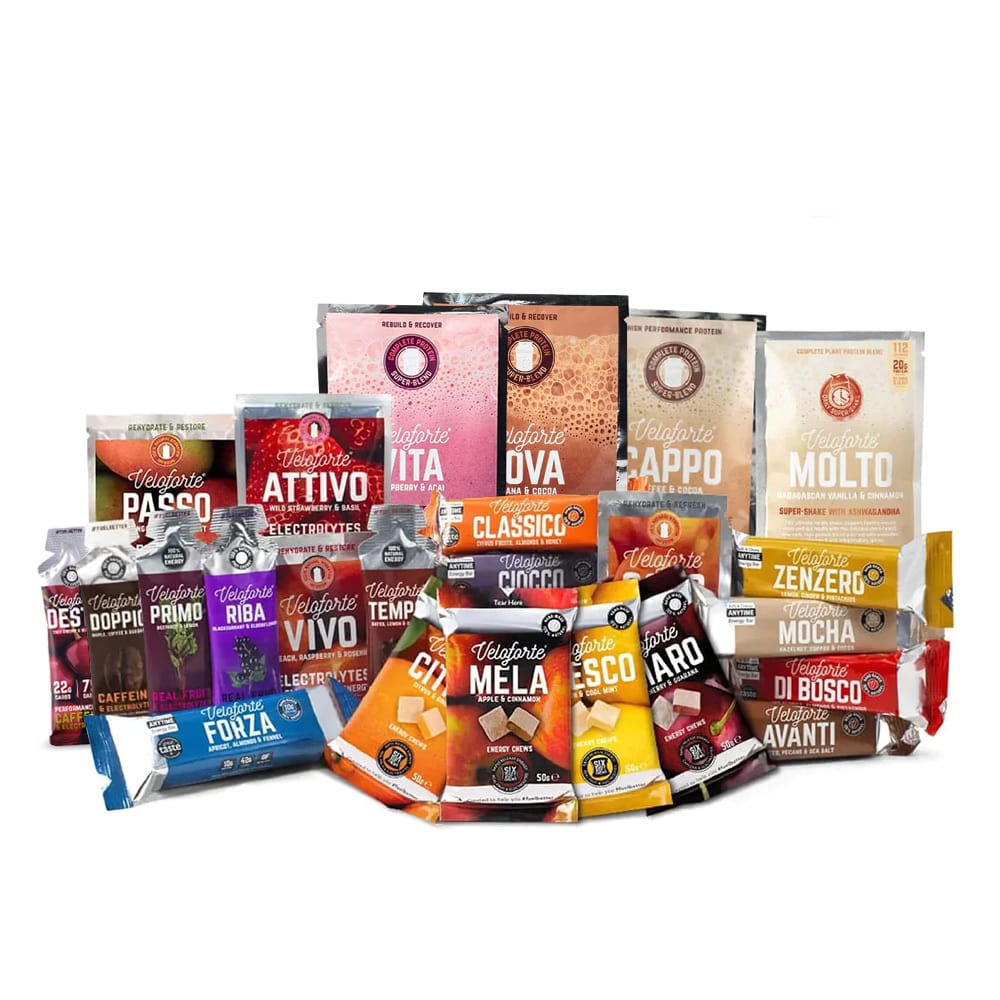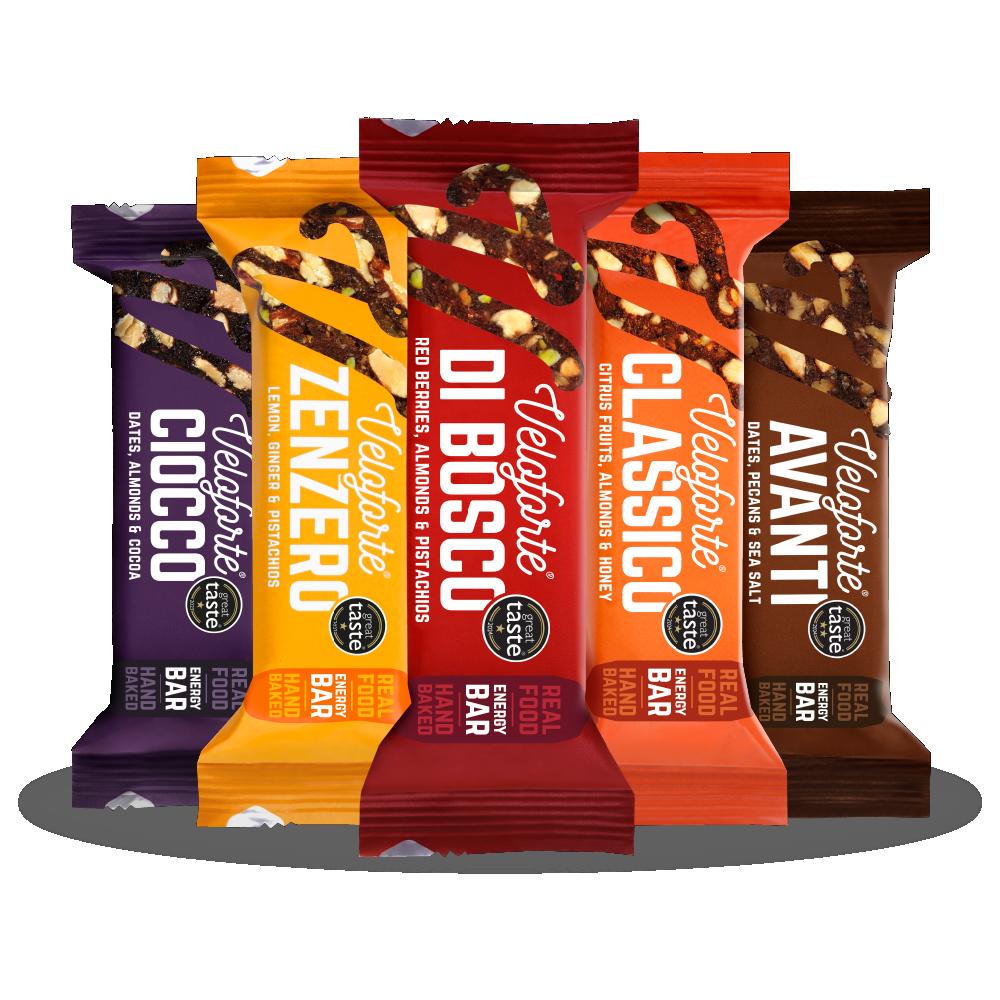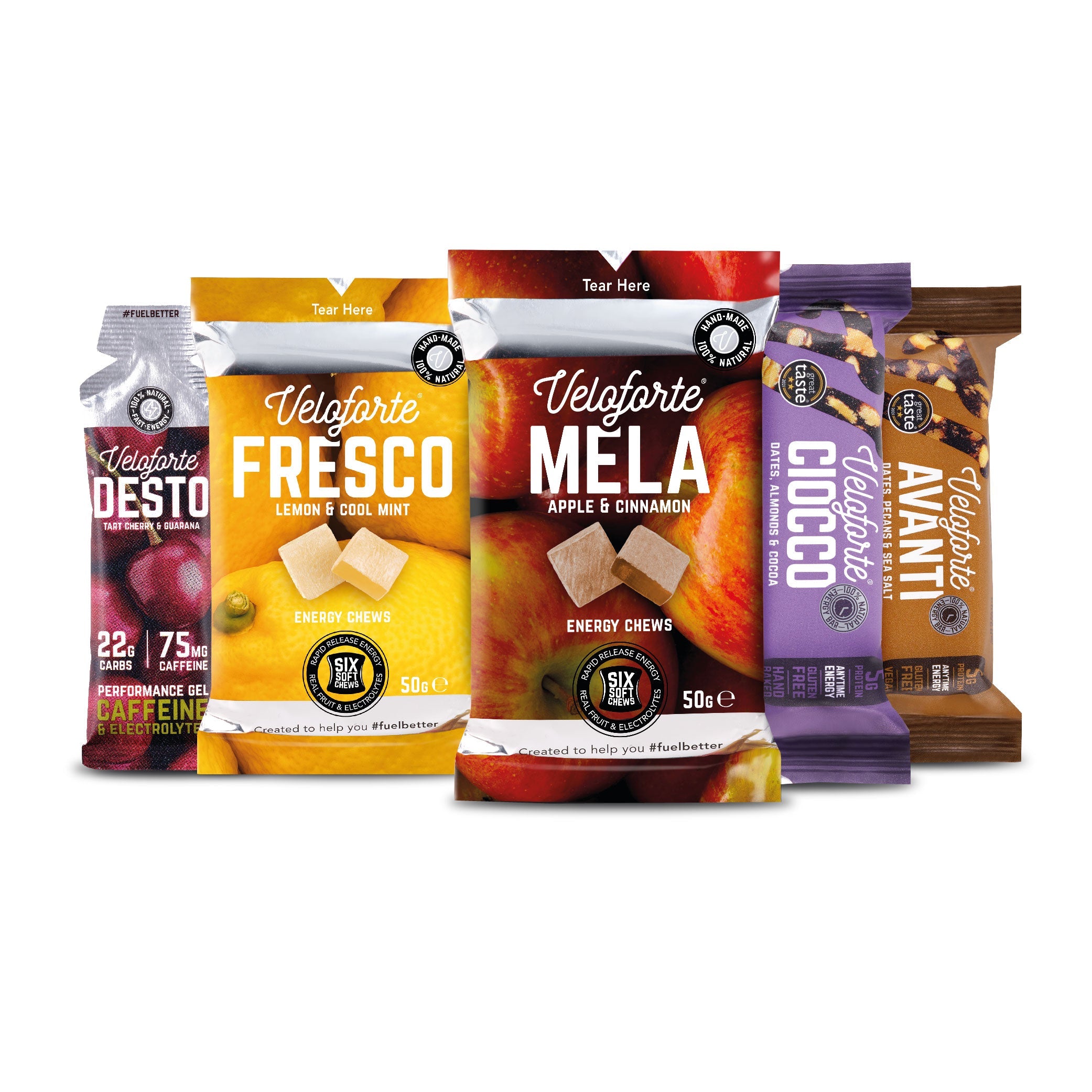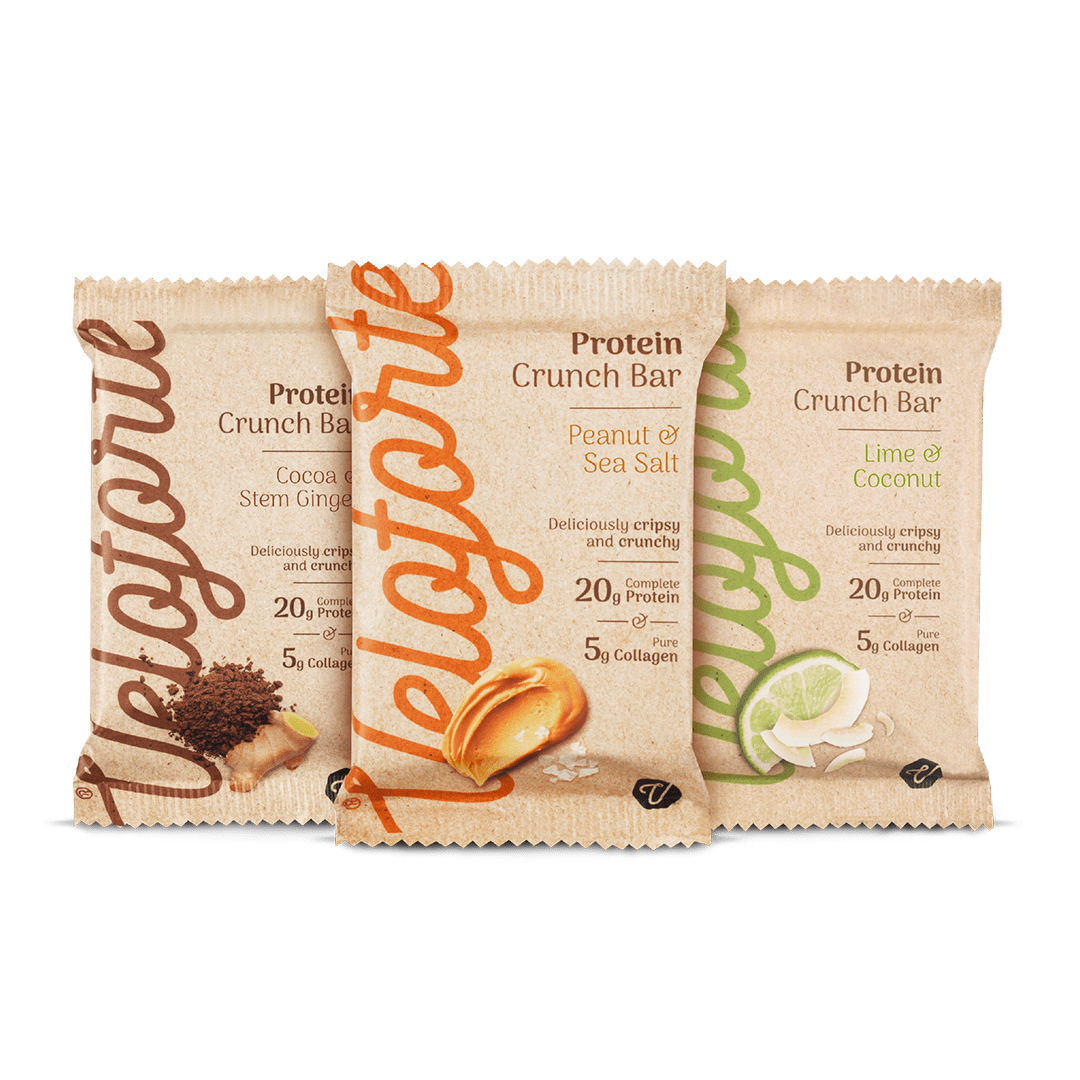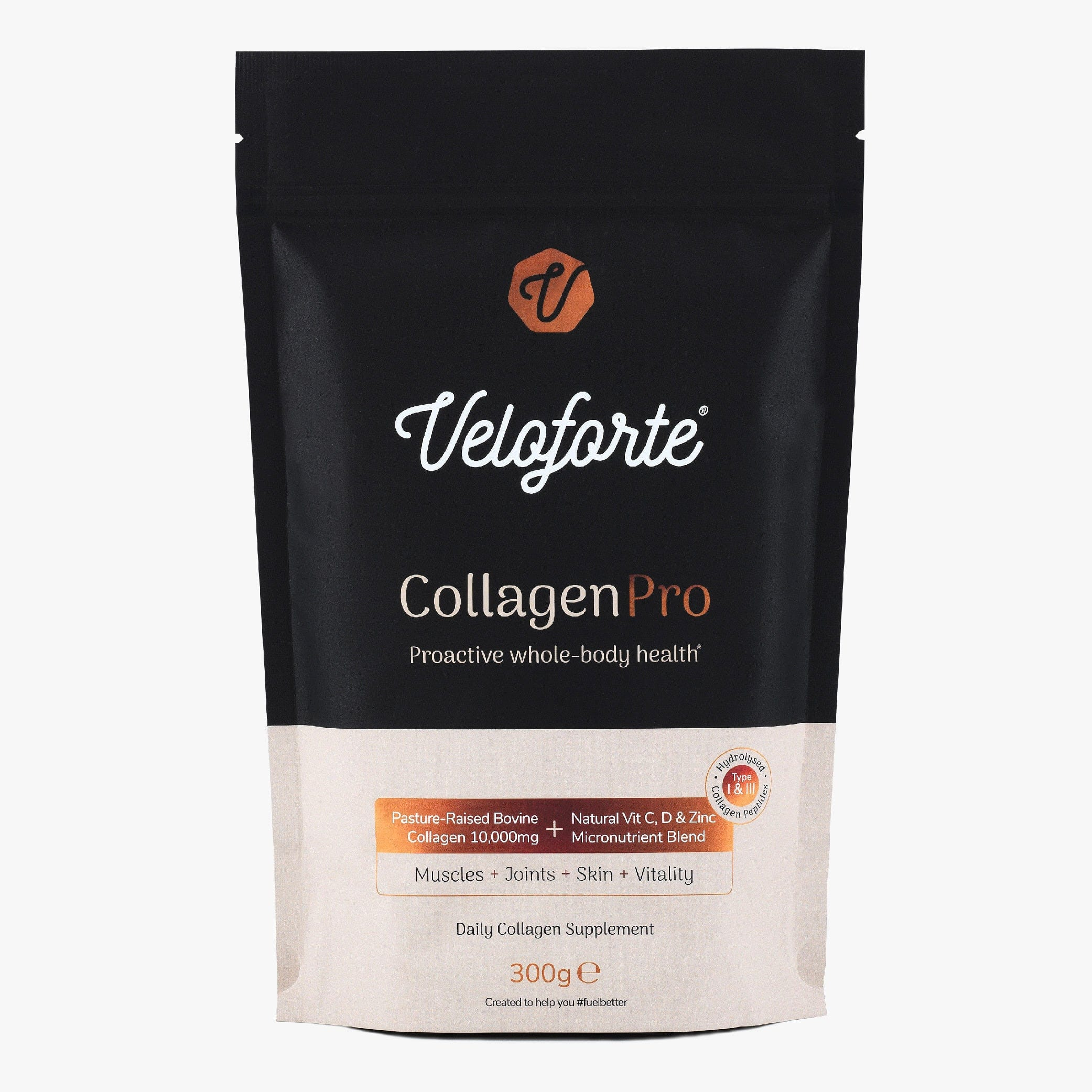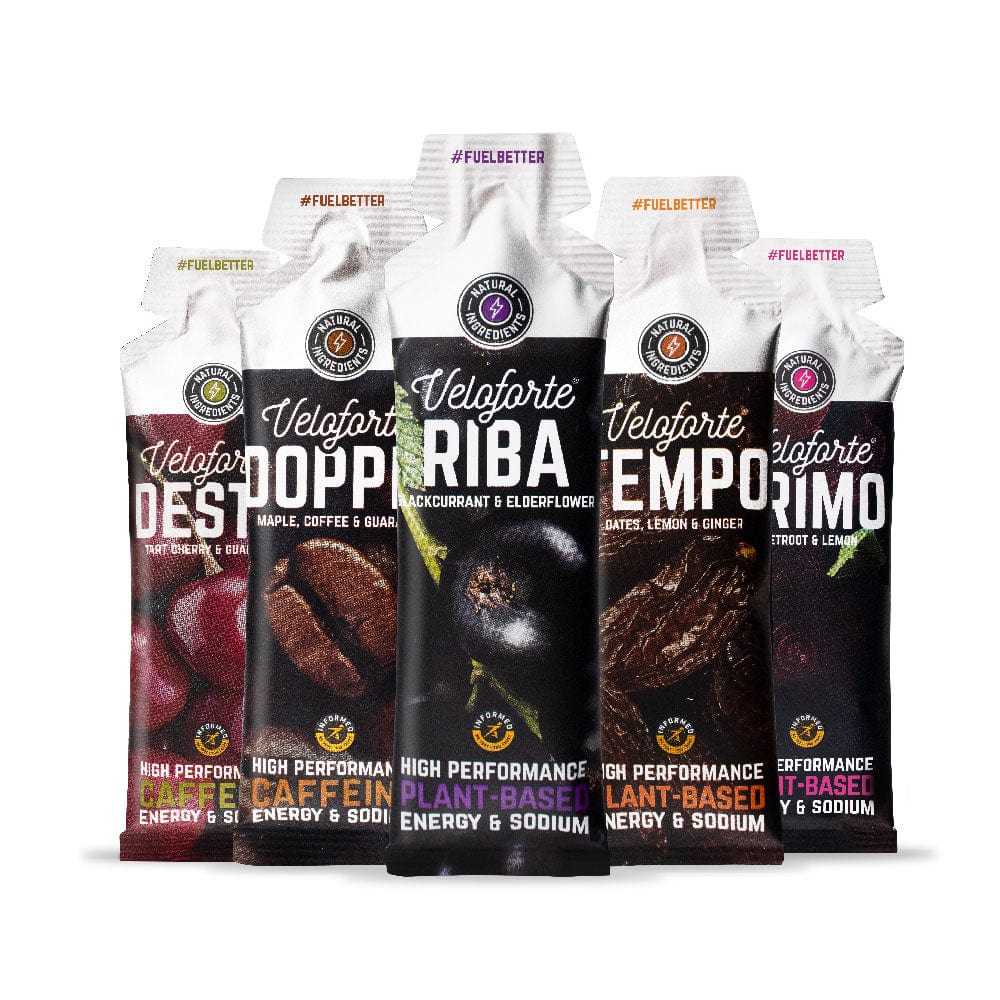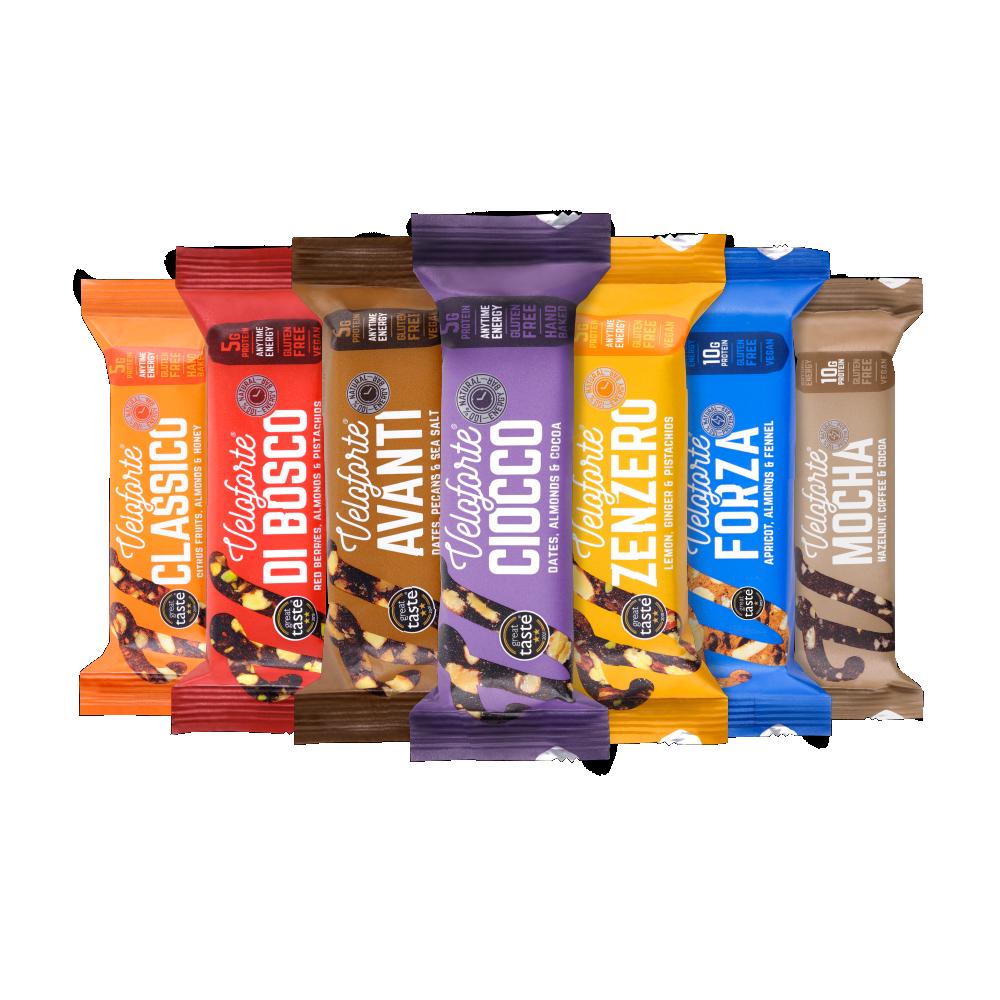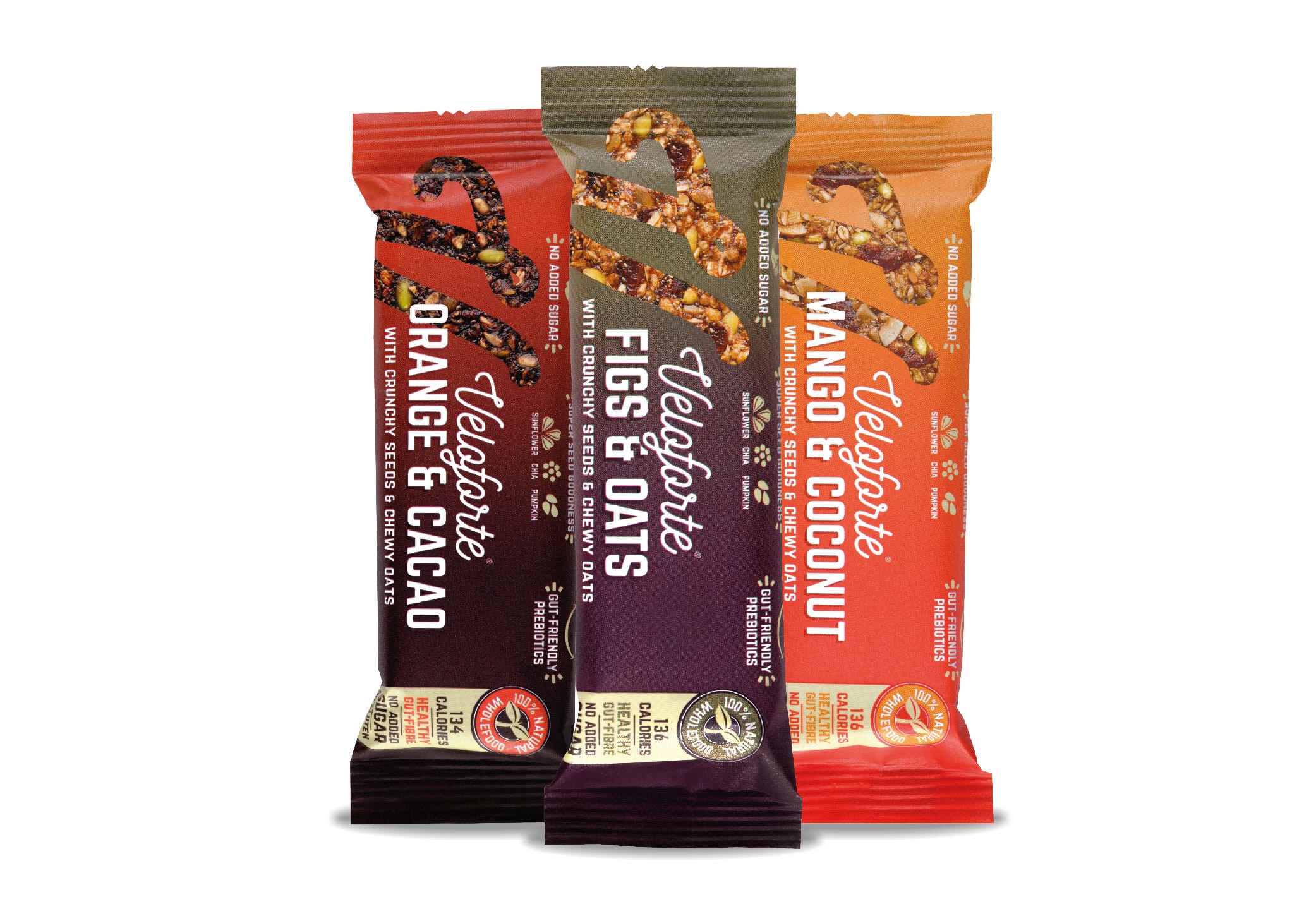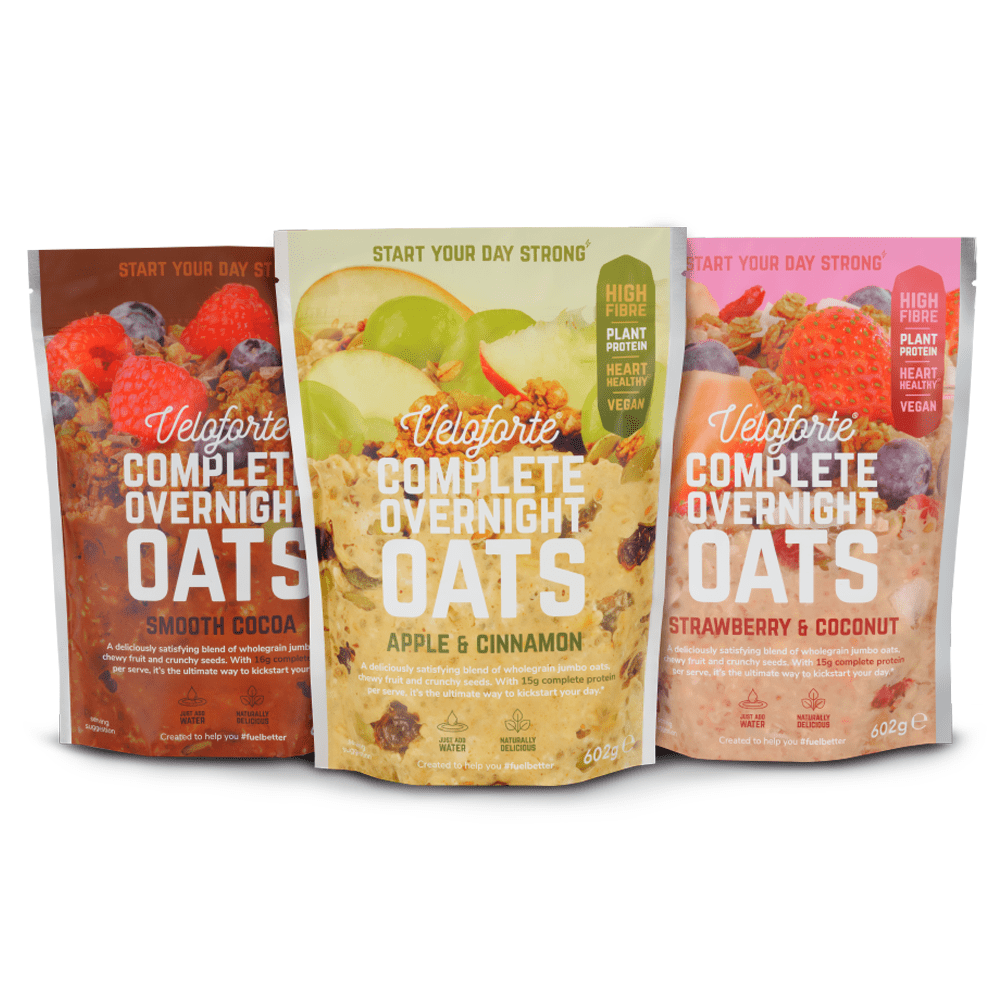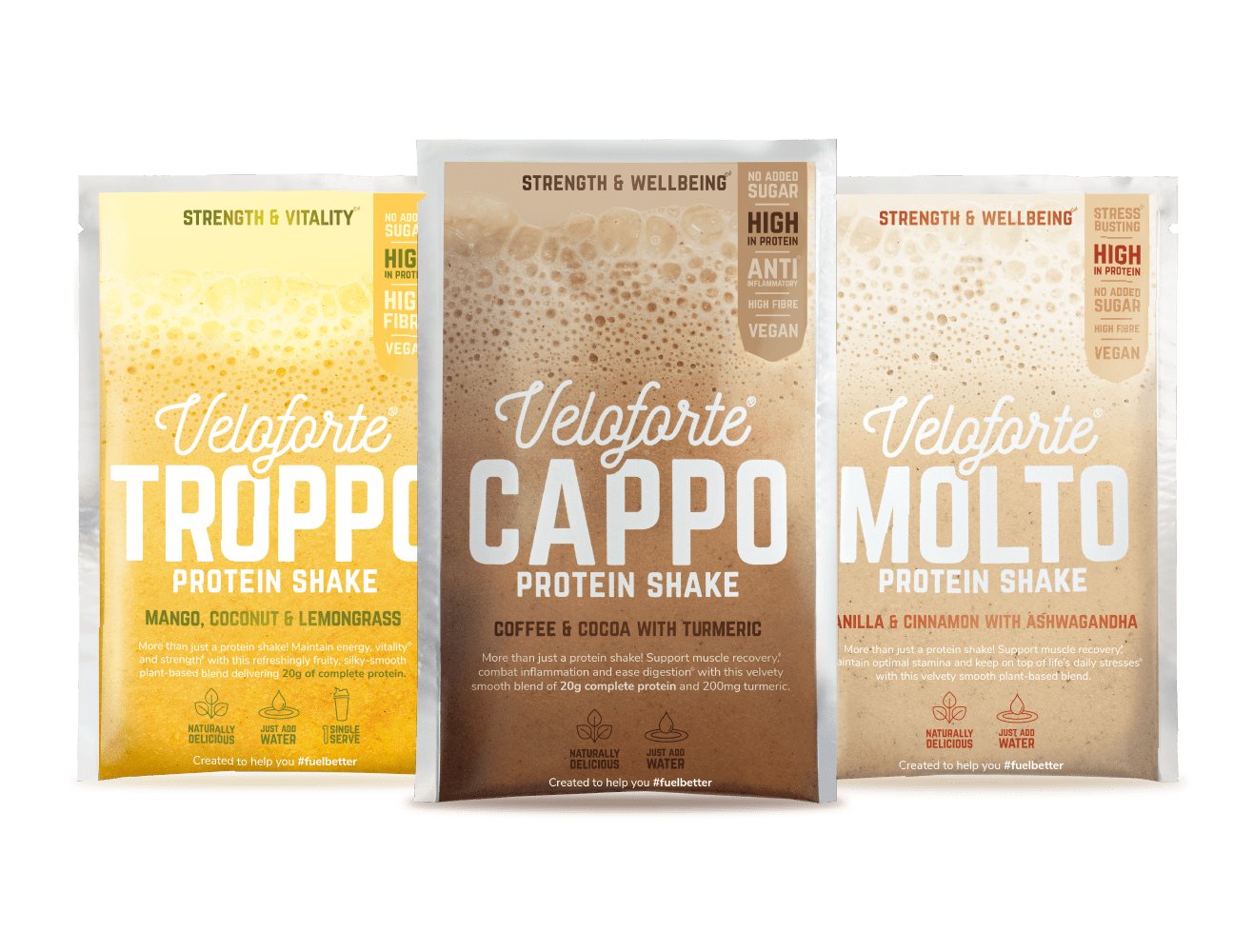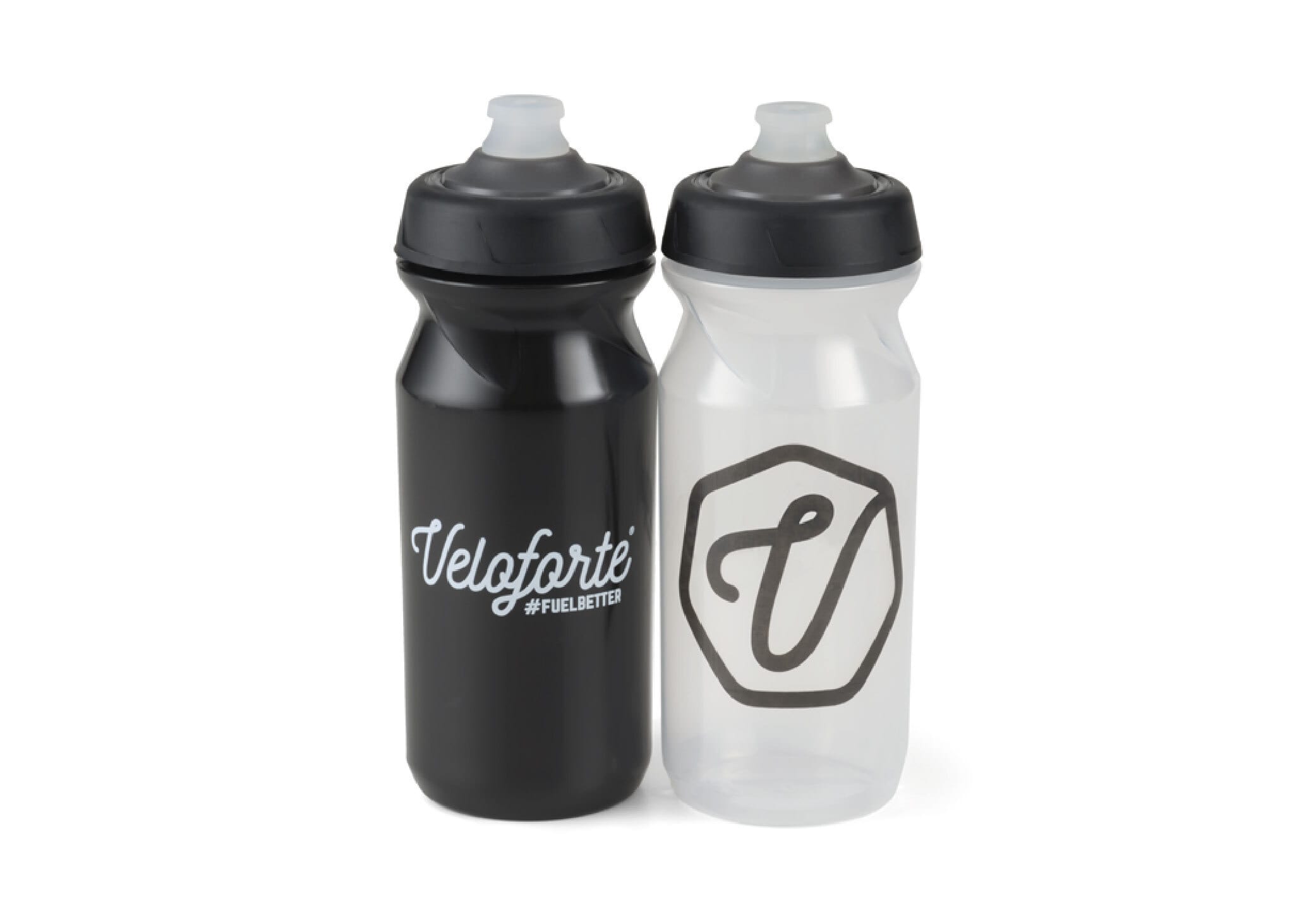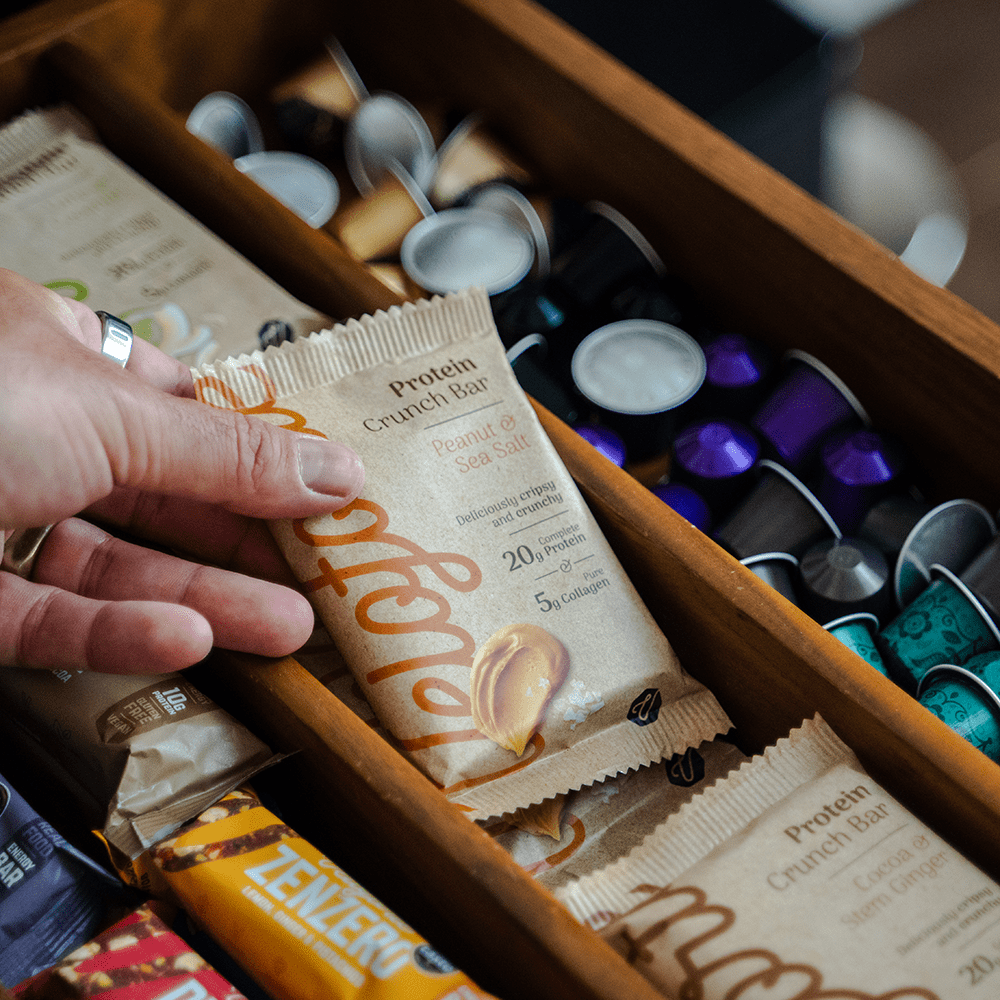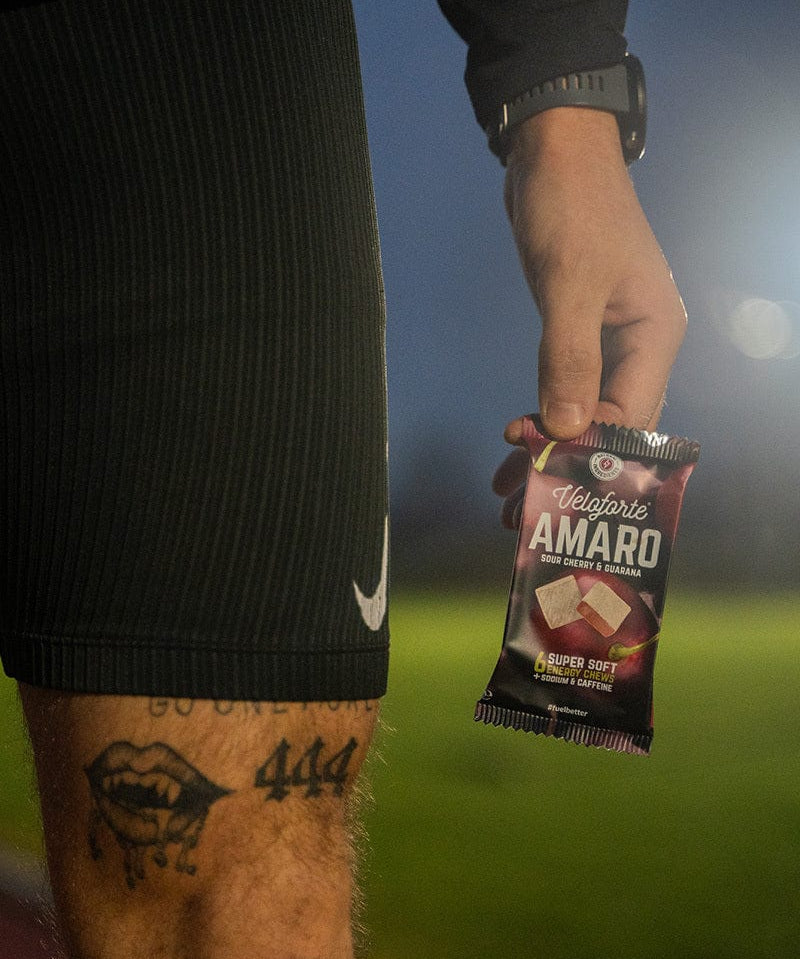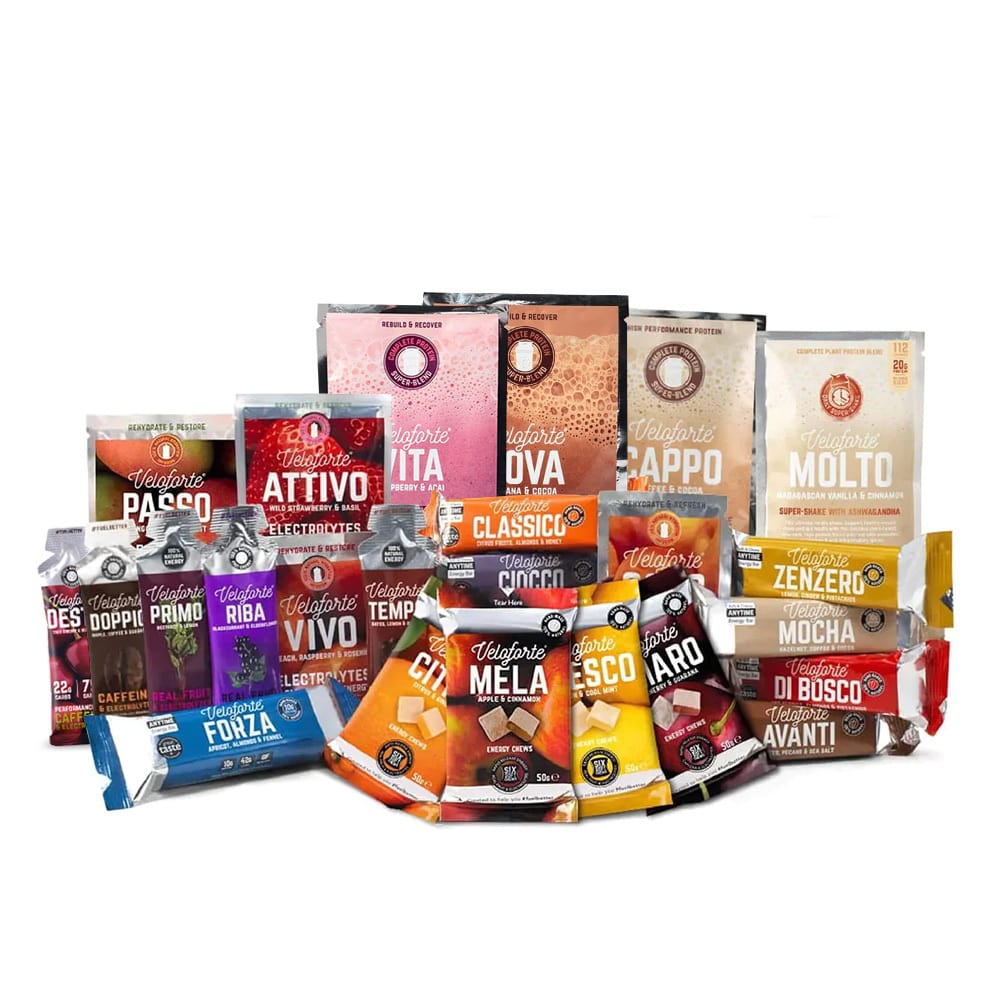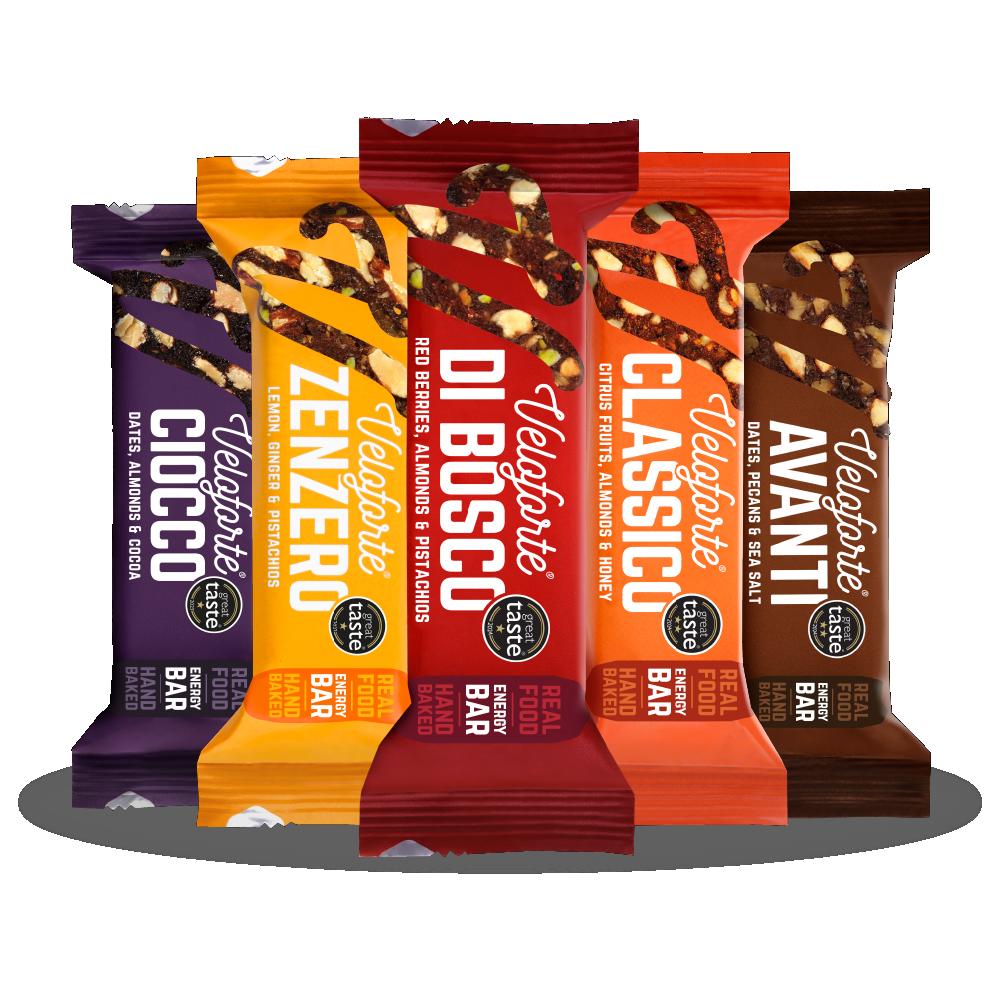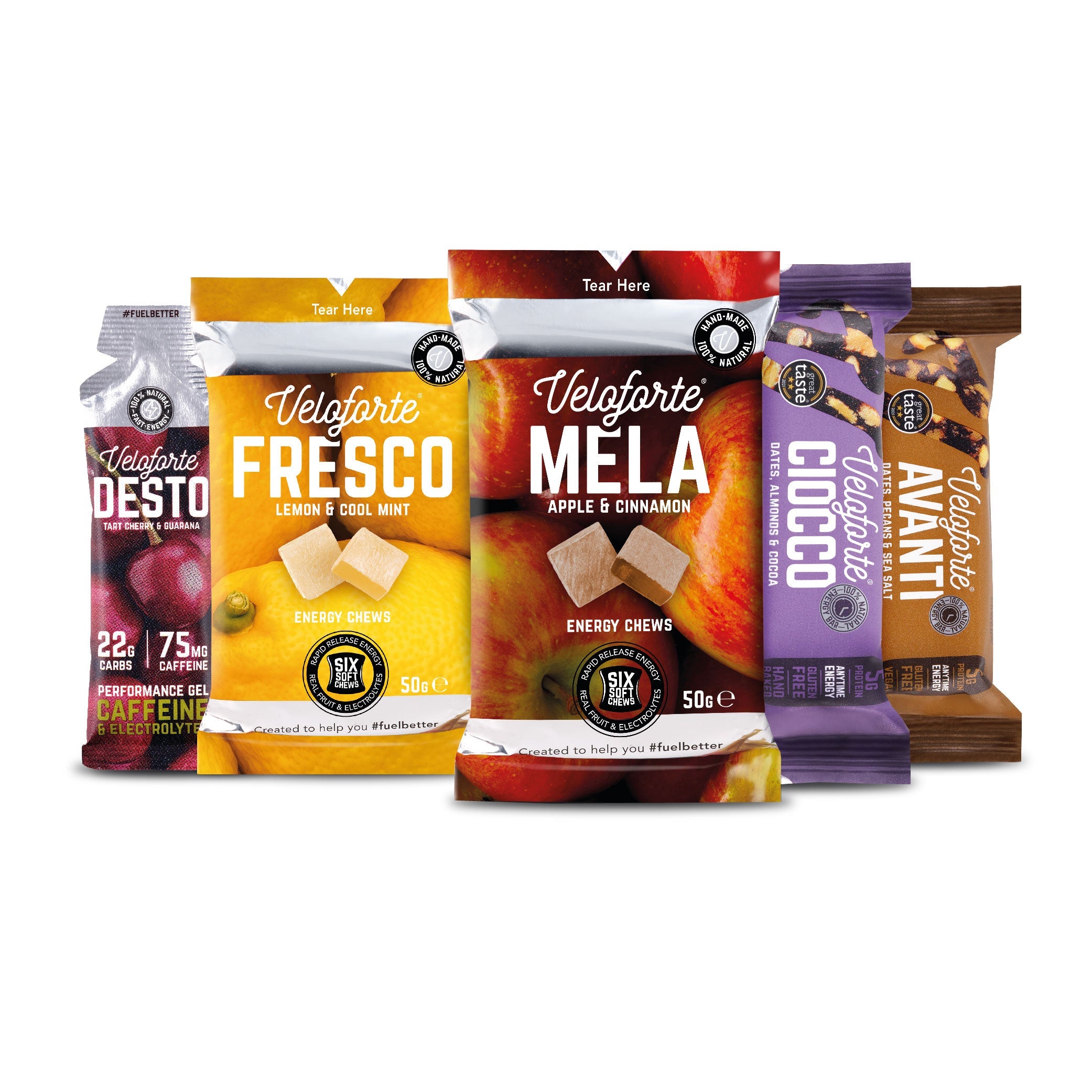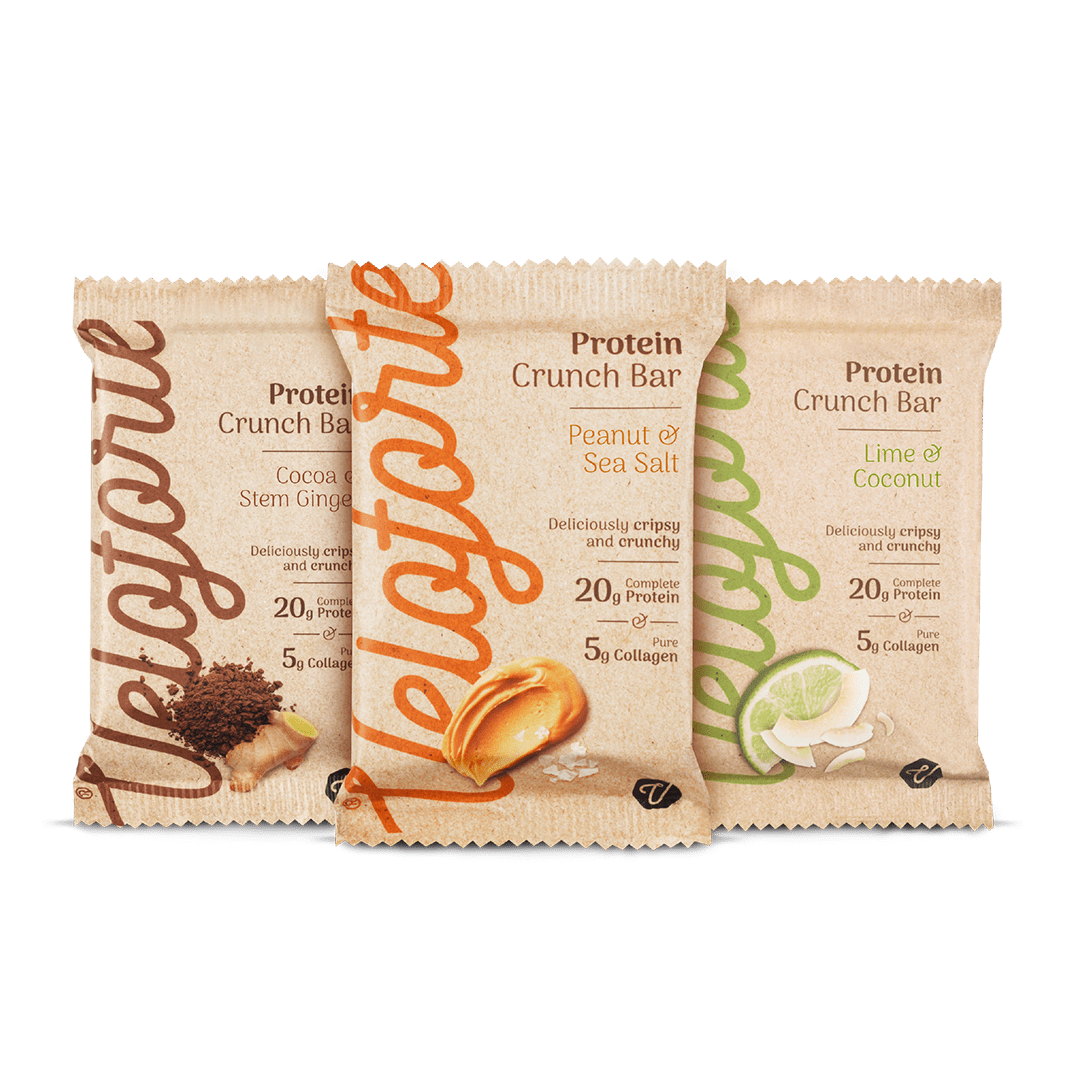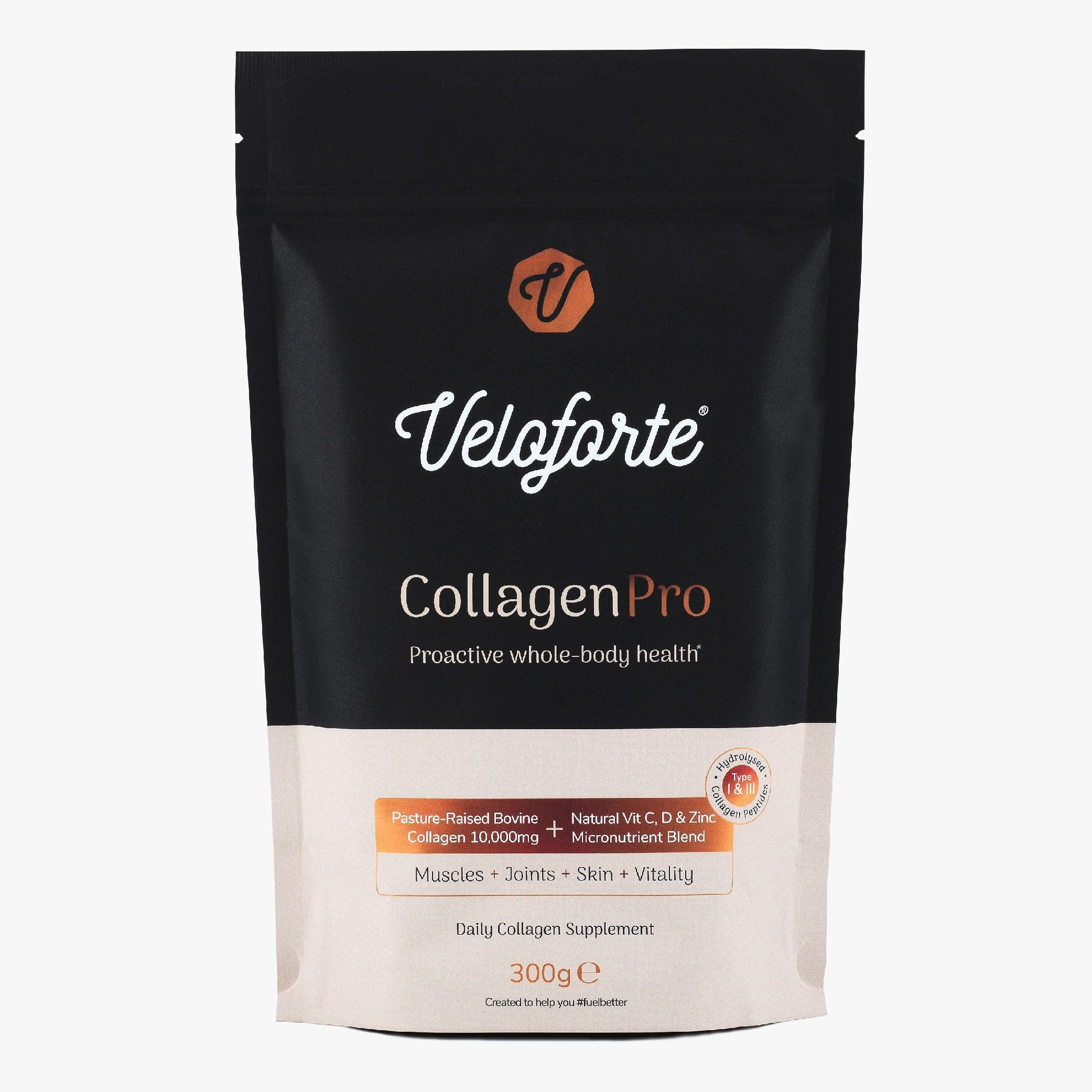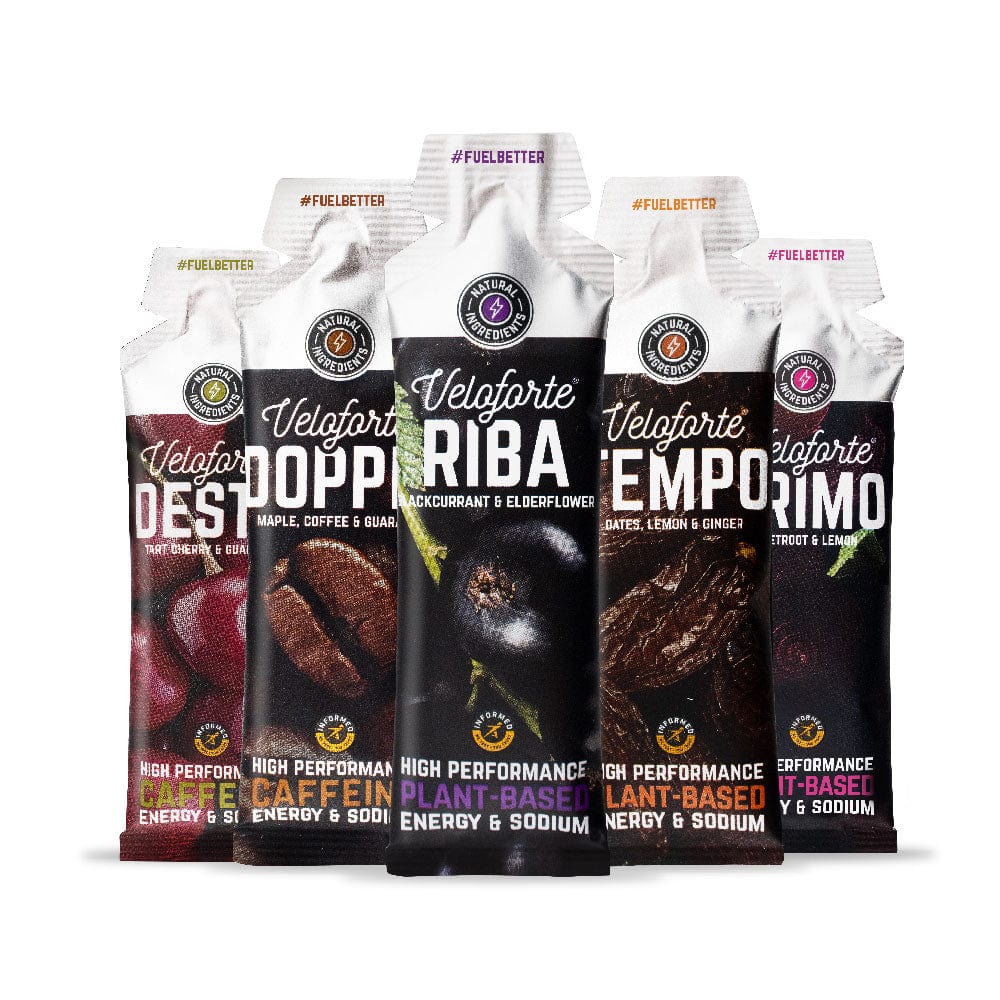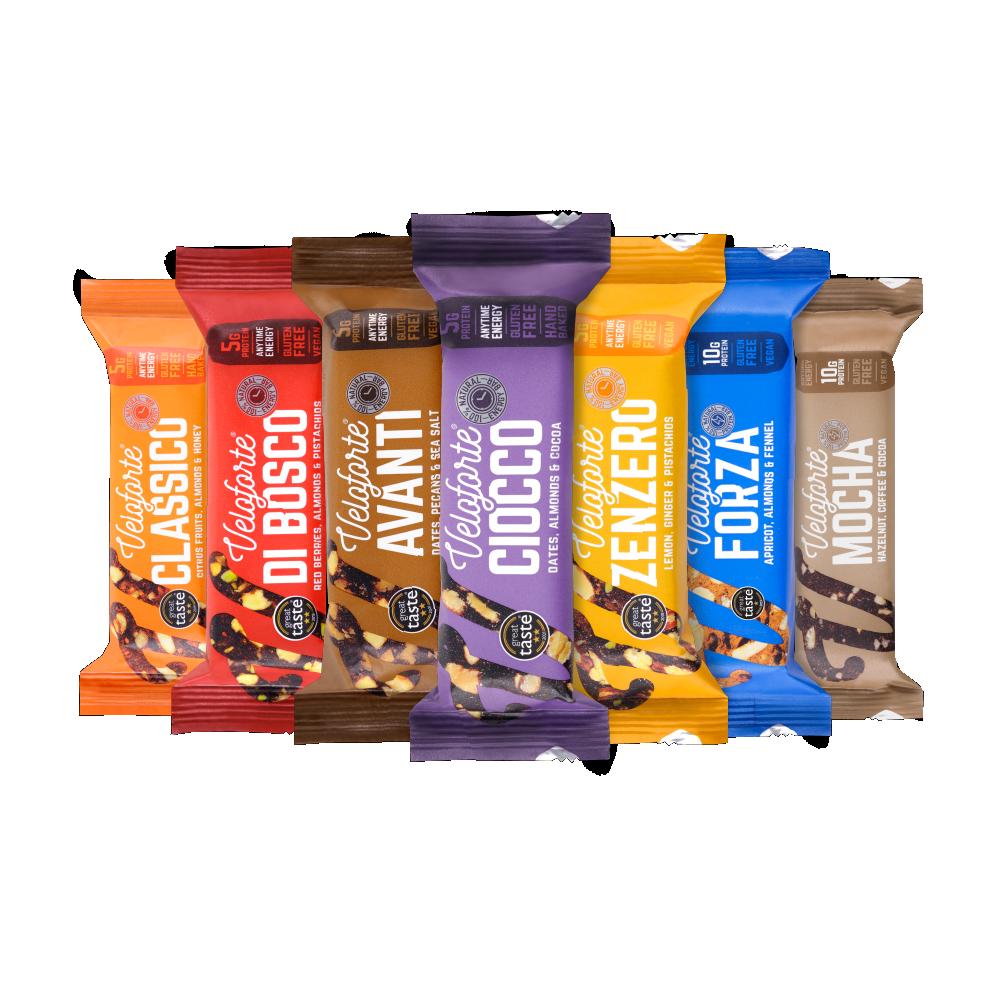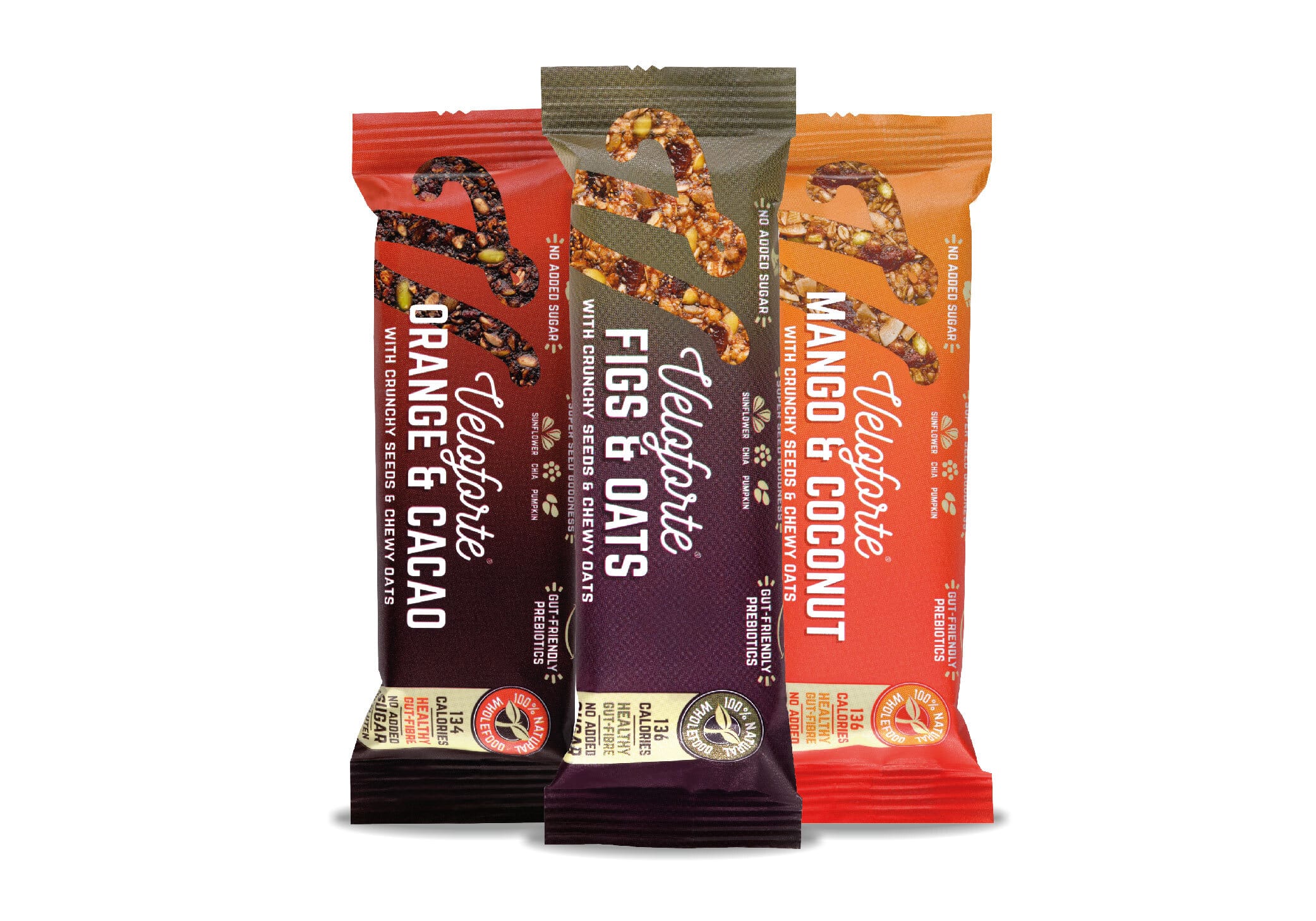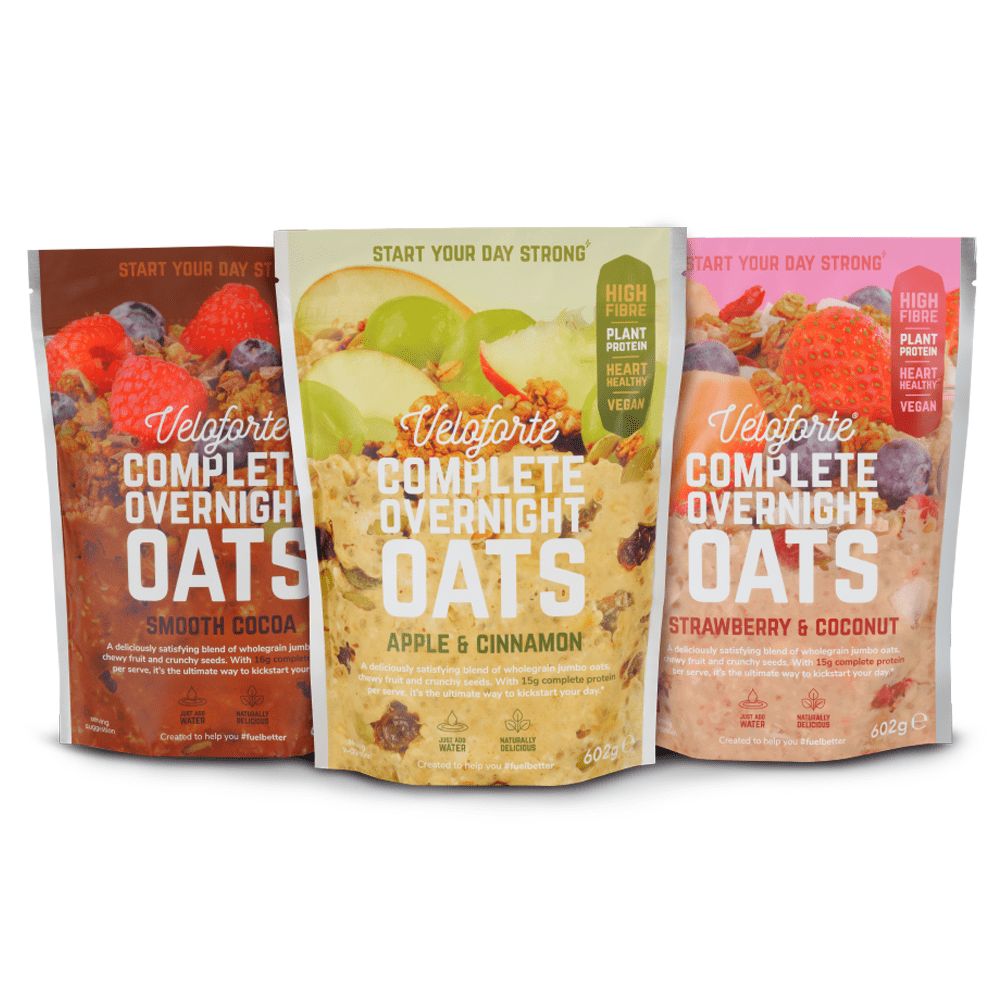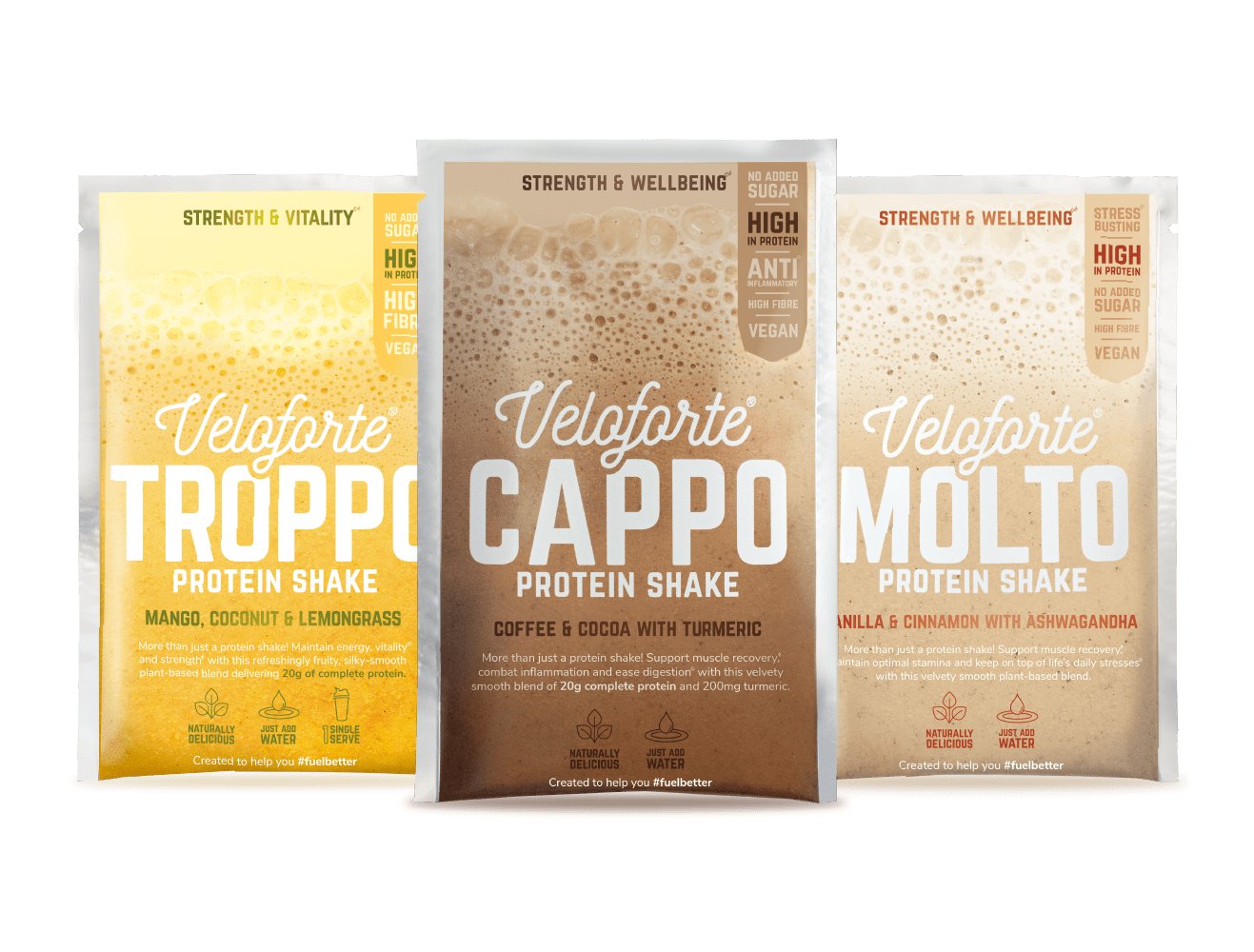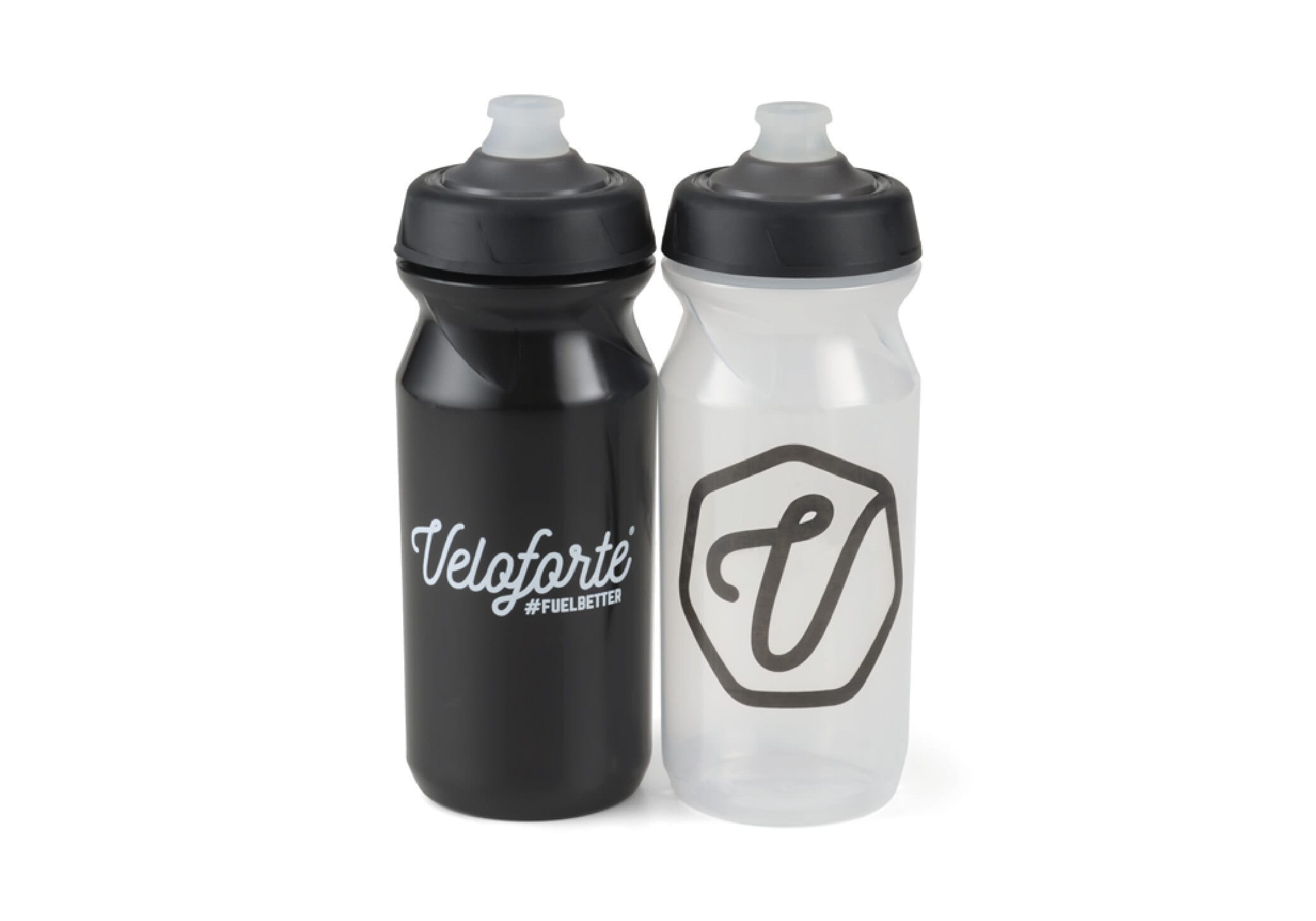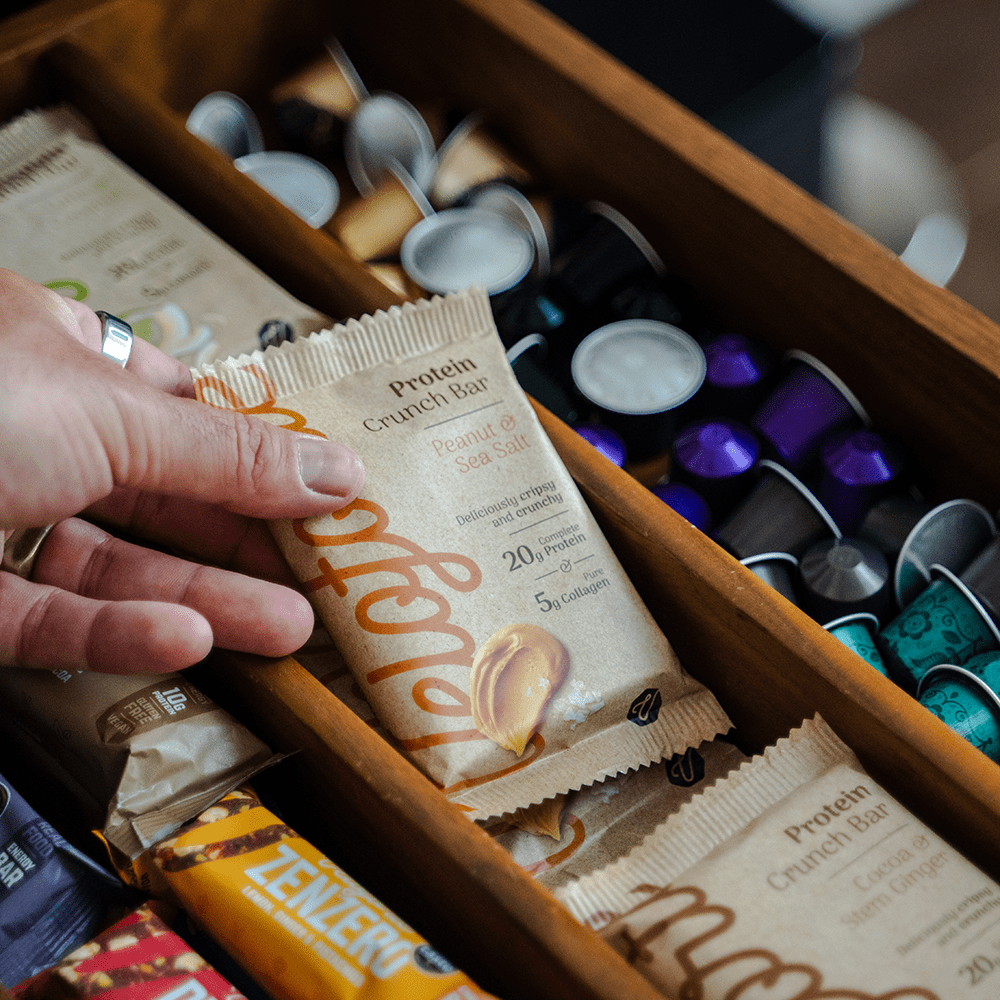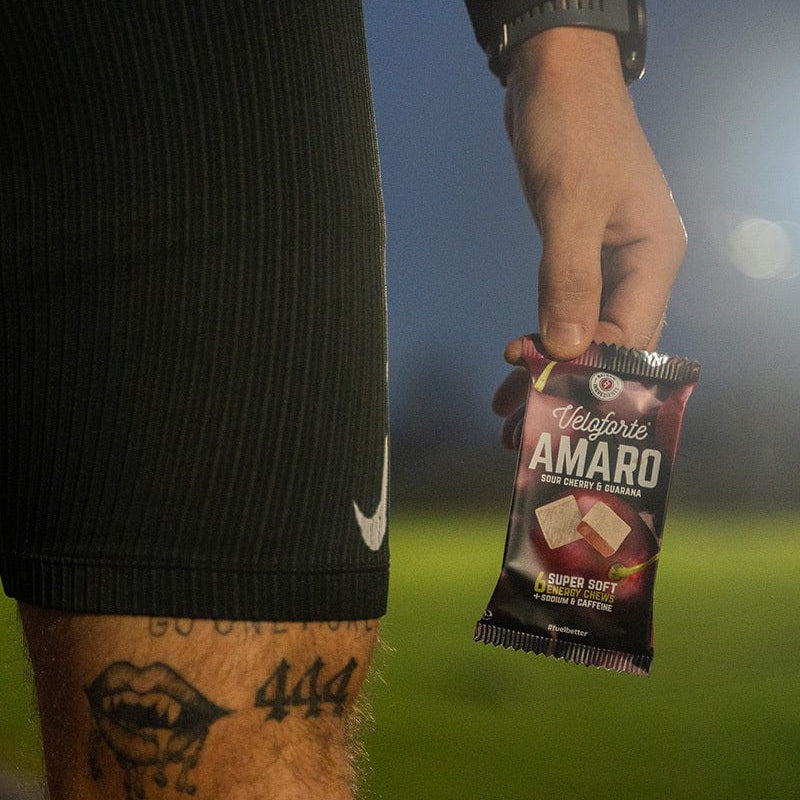Collagen is often hailed as a key player in skincare, with many people turning to it in the quest for healthier, more youthful-looking skin. But what exactly does collagen do for your skin, and why is it so important? As we age, our body’s collagen production naturally slows down, leading to visible changes in skin appearance and texture. In this blog, we’ll dive into how collagen supports the skin, what happens when levels decline, and how you can boost your skin’s collagen to maintain a glowing, youthful complexion.

Is Collagen Good For Skin?
Collagen is often praised for its benefits to skin health, and for good reason. It’s one of the main structural proteins in the skin, helping to maintain firmness, elasticity, and overall smoothness. People often take collagen in the form of powders, drinks, or capsules, with the goal of supporting their skin from the inside out. Others use topical products that aim to boost or protect existing collagen levels.
If you are interested in the other benefits that Collagen offers, then check out our 'What Are The Benefits of Collagen' guide.
How Does Collagen Help Skin?
Collagen is one of the most important proteins in the skin, making up a significant portion of its structure. Found mainly in the dermis, the layer beneath the surface, collagen acts like a scaffold, helping the skin stay firm, smooth, and supported. When collagen levels are high, skin appears plump and youthful. As we age, however, collagen production naturally slows down, leading to common signs of ageing like wrinkles, fine lines, and sagging.
One of collagen’s key roles is maintaining the skin’s firmness and elasticity. While collagen itself doesn’t stretch, it holds the skin’s structure in place and supports the surrounding network of elastin and hydration molecules. This contributes to the skin’s resilience, its ability to bounce back after being stretched or moved. Without enough collagen, the skin becomes thinner, less supple, and more prone to visible ageing.
In terms of support, collagen production can be encouraged through collagen powders and supplements. On top of this, CollagenPro's unique formular blends highly bioavailable collagen with organic bionutrients (Vitamin C, D & Zinc) to proactively support healthy skin. Vitamin C offers numerous benefits for the skin, including boosting collagen production, fighting free radicals, brightening the complexion, and reducing the appearance of dark spots and fine lines. Vitamin D supports hydration, reduces inflammation and promotes healing and alongside Zinc and Vitamin C may prevent premature aging from protecting against sun damage too.

Which Collagen Is Best For Skin?
When choosing between bovine and marine collagen for skin health, both have their benefits, but they differ in terms of source, absorption, and the types of collagen they provide. Marine collagen is often regarded as the best option for skin health. Derived from fish skin and scales, it is primarily composed of Type I collagen, which is the most abundant type in the skin and is responsible for its firmness and elasticity. Marine collagen is highly bioavailable, meaning it is easily absorbed by the body, and it closely resembles the collagen found in human skin.
On the other hand, bovine collagen is sourced from cow hide or bones and contains both Type I and Type III collagen. Type I collagen helps maintain the skin’s structure and firmness, while Type III supports elasticity and hydration.
CollagenPro's ultrafine formula delivers highly bioavailable Type I and III collagen to support skin health from within.
How Long Does Collagen Take To Work On Skin?
Collagen products can start showing noticeable effects fairly early, though results vary from person to person. Here’s a general timeline of what to expect. In the first week of taking collagen, many people report improvements in skin hydration and smoothness. Collagen powders help the skin retain moisture and improve its overall texture, so you might notice that your skin feels more supple and less dry. This can be especially beneficial if you’ve been experiencing rough or dehydrated skin.
By the second to third month, you may begin to see more significant changes, including a reduction in the appearance of fine lines and wrinkles. Collagen supplements support the skin’s structure, which helps improve elasticity and firmness. As collagen levels rebuild in the skin, the skin may appear plumper and youthful, with wrinkles becoming less noticeable.
Conclusion
In conclusion, collagen plays a crucial role in maintaining the skin’s structure, firmness, and elasticity. While natural collagen production decreases with age, understanding its benefits can help you make informed choices about how to support and maintain skin health. Taking collagen powder can help boost collagen levels, leading to noticeable improvements in skin hydration and smoothness, as well as a reduction in fine lines and wrinkles. By taking proactive steps to preserve or enhance your collagen, you can help keep your skin looking youthful and resilient for years to come.
If you are looking for other ways that collagen can benefit you, we have a guide on how collagen can help weight loss.

